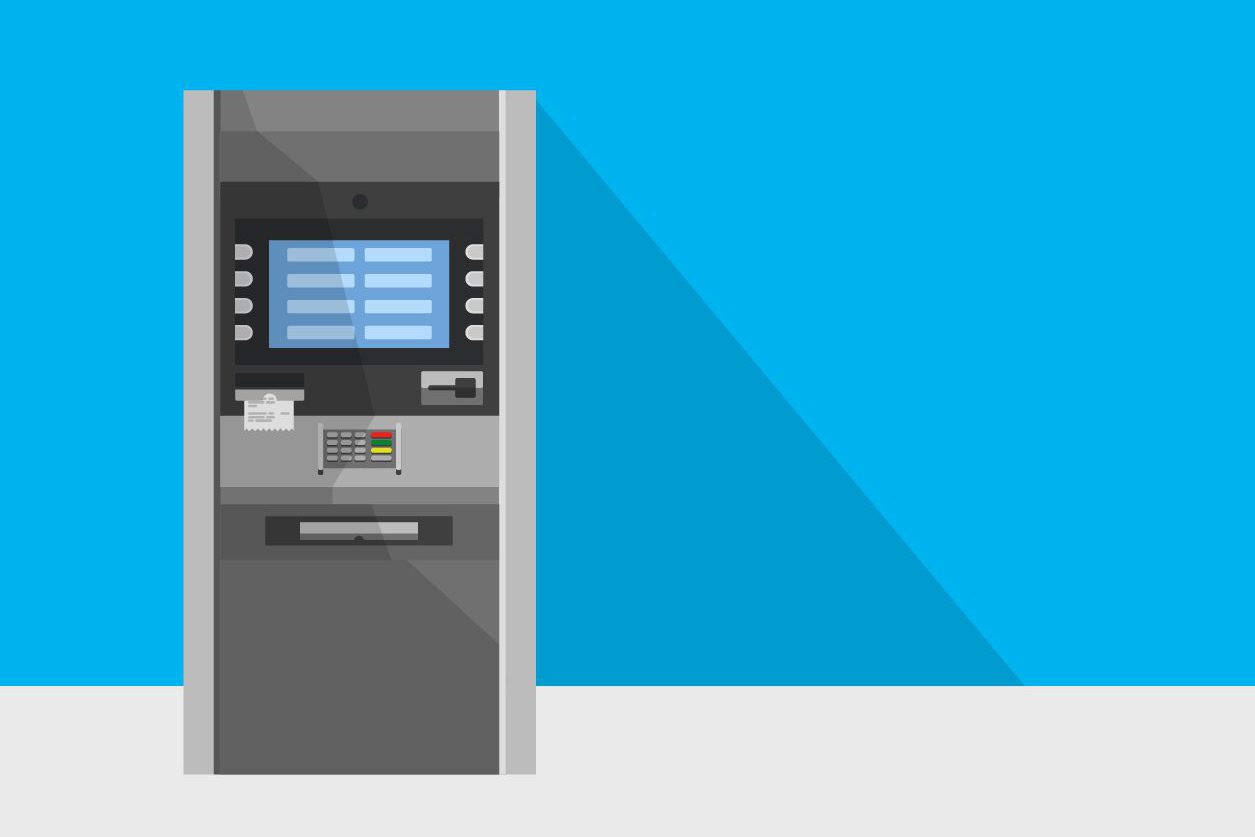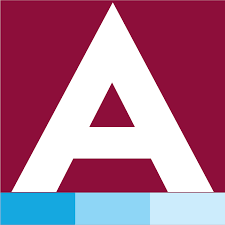In the finance industry, there are many terms. Some are easy to follow, while others require more explaining. In this article, we’ll define the difference between NSF fees and overdrafts. By being a prepared consumer, you can make wise decisions to uphold your financial well-being.
Are NSF fees and overdrafts bad?
Non-sufficient funds (NSF) and overdrafts happen when there is not enough money in an account. Although this happens from time to time, account-holders should do everything possible to avoid them. Being charged with NSF fees or overdrafts means something went awry within the budget. It can be a red flag to creditors and possibly prevent someone from borrowing in the future.
Additionally, which we will explain shortly, some financial commitments will not be able to stand. Having an NSF or overdraft on an account could have a domino effect on future purchases.
NSF fees explained
The term NSF refers to the status of an account that does not have enough money to cover transactions. The account holder attempted to pay a bill, purchase an item, or obtain a service. When a check “bounces” due to lack of funds, it often results in a fee for every transaction afterward. The charges will continue until a deposit brings the account back to positive.
Federal laws do not specify the maximum amount of penalties that a financial institution can charge. However, they do require that a bank discloses its terms during the creation of the account. Additionally, account holders are required to receive advanced notice of any fee increases.
During an NSF situation, items do not clear. The payee still owes the money, and the payment did not go through.
Overdraft scenarios
An overdraft occurs when you don’t have enough money in your account to cover a transaction, but the bank pays the transaction anyway. It often coincides with pre-established overdraft protection. It’s not the same as a loan; it just covers if you’ve made a mistake. Fees on overdrafts can be high, and they put a blemish on your account.
Every bank and credit union has limits on the number of overdraft fees it will charge in one day. Keep in mind that overdrawing too often can cause your account to close.
Keep your account in GOOD standing
Achieva Credit Union has a unique set of overdraft services to help our members. Not only will your payments continue, but you will also avoid NSF fees. We have two types of overdraft protection plans. The first is an Overdraft Transfer, and the other is Courtesy Pay. They work together to keep our members’ accounts in GOOD standing.
View our frequently asked questions for complete details.








